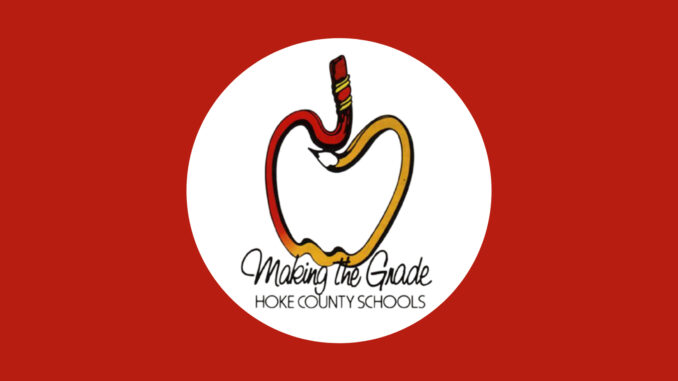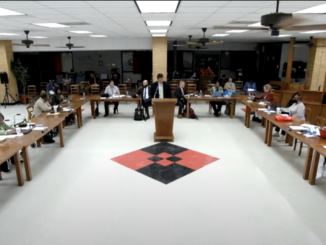
RAEFORD — North Carolina’s youngest readers have continued to make strong gains in early literacy over the last year, improving critical skills like letter naming, phonemic awareness, and decoding, according to data previously released from the North Carolina Department of Public Instruction. The gains by North Carolina students were achieved during the second full year of a far-reaching statewide initiative, as laid out in legislation, called the Excellent Public Schools Act, which was enacted into law in spring 2021.
This legislation provides professional learning to elementary school teachers with extensive training in instruction based on the “science of reading,” a phonics-based approach with strong evidence of effectiveness. Statewide improvements in reading proficiency are an indication that the required two-year professional learning program – called Language Essentials for Teachers of Reading and Spelling (LETRS®) and recently completed by 29 school districts – has not only been embraced by school districts but is being effectively implemented in classrooms and positively impacting students.
“I want to congratulate the educators who are part of cohort one, as they have worked tirelessly to learn new skills and master old ones so they could sustainably change the trajectory and outcomes for thousands of students across our state.”
Superintendent Catherine Truitt
In the fall of 2021, North Carolina’s 115 school districts were given the choice to join one of the three “cohorts” with staggered start dates where all participating teachers would receive the same high-quality professional development and hands-on support. Within each cohort, districts embark on a two-year professional learning experience geared towards two tracts of students: either kindergarten through fifth-grade students or pre-kindergarten students. In total, more than 44,000 North Caroline educators will have received professional development by the time the third cohort completes its work, slated for summer 2024.
Improving early literacy outcomes has been a core tenant for the State Superintendent of Public Instruction Catherine Truitt and has been highlighted in her four-year strategic plan called Operation Polaris. Superintendent Truitt commanded the first cohort for their willingness to be trailblazers in the science of reading and help students gain the foundational literacy skills needed to master reading.
“As an educator and veteran high school English teacher, strengthening early literacy has been a priority since I stepped into the role of State Superintendent,” said Truitt. “Knowing the effects of the pandemic on student learning and reading proficiency, we had no doubt that LETRS® professional development would be a key investment in both our teachers and students, and for the future of North Carolina. I want to congratulate the educators who are part of cohort one, as they have worked tirelessly to learn new skills and master old ones so they could sustainably change the trajectory and outcomes for thousands of students across our state.”
Cohort one includes nearly 10,000 kindergarten through fifth-grade educators, 870 pre-kindergarten educators, and over 500 administrators, impacting over 437,000 elementary-aged students. The Sandhills Regional – which includes Hoke County Schools – participated in cohort one and is one of the first of three cohorts to complete this rigorous professional development.
Topics addressed in the LETRS® professional learning courses that North Carolina educators receive include speech sounds, phonics, word recognition, spelling, advanced decoding, oral language, vocabulary, reading comprehension and writing. A key component of the learning includes helping educators understand how to apply what they are learning by embedding these skills into everyday classroom instruction.
As a result of the educators’ and administrators’ hard work in the cohorts, North Carolina has already begun to see improvements in students’ literacy skills. Most recently, North Carolina’s statewide literacy benchmark results showed that more students were on track in each grade – kindergarten through third – and were performing at or above previous benchmark scores. Data also shows that North Carolina students were outperforming students in other states or districts using the same assessment.



